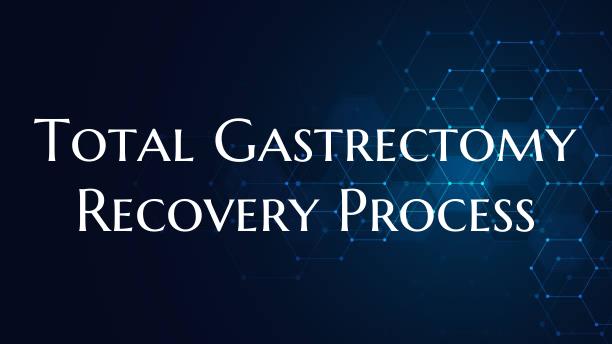
Total Gastrectomy Recovery Process
A total gastrectomy is a significant surgical procedure that involves the complete removal of the stomach. Patients undergoing this procedure often face a challenging recovery period that requires patience, diligence, and proper care. Understanding the recovery process can help patients and their caregivers prepare for what to expect post-surgery.
1. Hospital Stay: Following a total gastrectomy, patients will typically spend several days in the hospital for close monitoring and to manage pain and potential complications. The medical team will closely observe the patient's vital signs, hydration levels, and overall healing progress.
2. Pain Management: Pain management is crucial during the recovery process. Patients may experience varying levels of discomfort, which can be alleviated through medication prescribed by healthcare providers.
3. Nutrition and Diet: After a total gastrectomy, patients will need to adjust their eating habits significantly. Initially, patients will be on a strict liquid diet before gradually transitioning to soft foods and eventually solid foods. Working closely with a dietitian is essential to ensure proper nutrient intake and minimize digestive issues.
4. Physical Activity: While it's essential to rest and allow the body to heal, light physical activity such as short walks can help prevent blood clots, improve circulation, and aid in recovery. However, patients should avoid strenuous activities until they receive clearance from their healthcare provider.
5. Emotional Support: The recovery process from a total gastrectomy can be emotionally challenging for many patients. It's essential to have a strong support system in place, including family, friends, and mental health professionals, to provide emotional support and encouragement.
6. Follow-Up Care: Regular follow-up appointments with the surgical team are crucial during the recovery process. These appointments help monitor healing progress, address any concerns or complications, and make necessary adjustments to the treatment plan.
7. Long-Term Lifestyle Changes: After a total gastrectomy, patients will need to make significant lifestyle changes to adapt to life without a stomach. This may include eating smaller, more frequent meals, taking vitamin supplements, and avoiding certain foods that can cause digestive issues.
Ultimately, the recovery process from a total gastrectomy can vary from patient to patient, depending on factors such as overall health, surgical complications, and adherence to the post-operative care plan. By following medical advice, maintaining a positive outlook, and seeking support when needed, patients can navigate the recovery process successfully and improve their overall quality of life post-surgery.